Greenhouse farming in Somalia
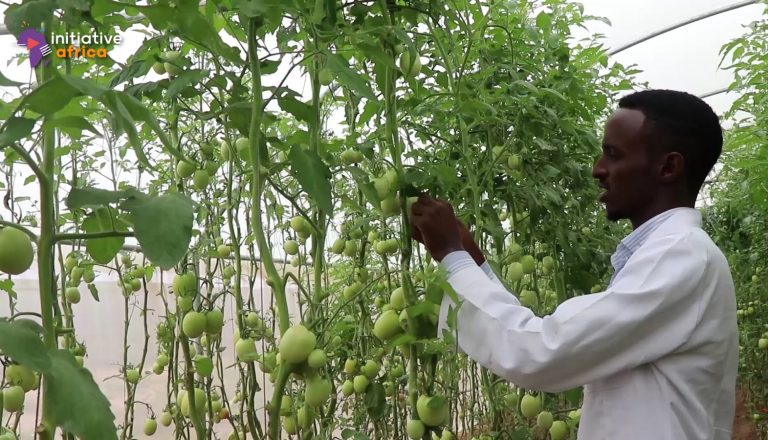
Greenhouse farming is very promising in Somalia. This alternative aims to combat climate risks to produce better crops. With less watering and fewer insects, fruits and vegetables thrive.

Greenhouse farming is very promising in Somalia. This alternative aims to combat climate risks to produce better crops. With less watering and fewer insects, fruits and vegetables thrive.
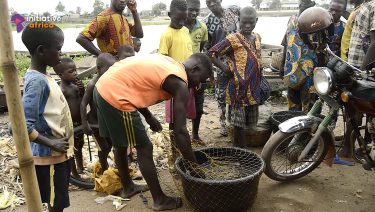
In the Agonvè Island, near Cotonou in Benin, the inhabitants have taken an innovative approach to the integrated management of water resources. Discover the original practices and strategies put in place by this community to preserve and sustainably exploit their precious water resources.
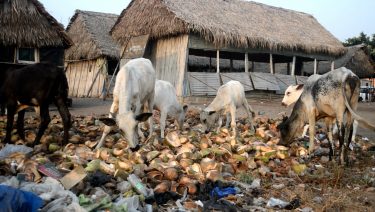
FANCOCO is a startup created by Cherif Dine Akedjou in 2015 in Benin. It was in 2019 that this entrepreneur decided to transform coconut waste into a multitude of aesthetic and functional objects. It didn't take long for the concept to catch on, and today he is proving himself to be a pioneer in this field.
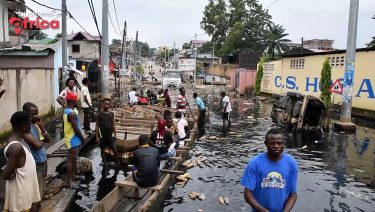
Submerged markets, homes and tourist sites partially washed away, traffic made impossible: Kinshasa, the capital of the Democratic Republic of Congo, is struggling to recover from catastrophic floods. Climate disruption, the lack of functioning waste pipes and the absence of an alert system are all factors which have contributed to increasing the toll.
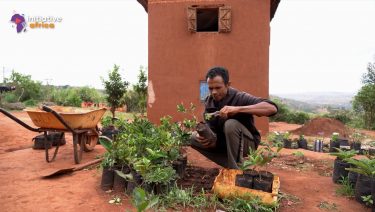
🇲🇬 In central Madagascar, in the Itasy region, the tapia trees of the highlands are being felled on a massive scale for firewood and charcoal production. This deforestation is harmful to these thick-barked trees, which are found only in Madagascar and provide a habitat for the landibe, a wild silkworm. If well preserved, the Tapia forest can benefit the local economy. Working with local associations, NGOs are trying to encourage better management to preserve this natural habitat. This participative approach, in coordination with the local community, is leading not only to the conservation of biodiversity but also to an improvement in the quality of life of local residents through the revival of the silk industry.
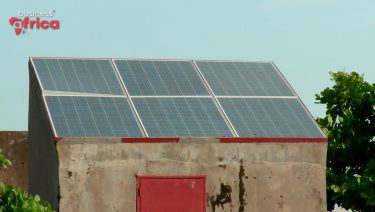
When it comes to energy transition, what will be best for Africa? This is the question that arises in the aftermath of COP 28 in Dubai. Several regions on the continent have already stepped into the era of renewable energies. This is the case of Senegal, one of the countries that would like to become a leader in green energy in sub-Saharan Africa. This ambition involves the extension of solar capacity. Several projects supported by partners such as IFAD have already been carried out for the benefit of rural populations to help them cope with water shortages. Example of the benefits of the solar pump in the south-east of the country with this report.
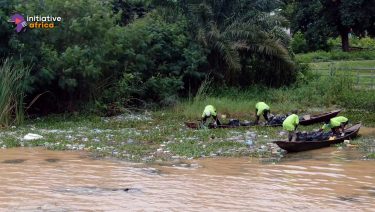
African civil society seeks to raise awareness of ecological justice on a continent where fighting for the environment is particularly complex.
Don't miss our publications, subscribe to our newsletter!